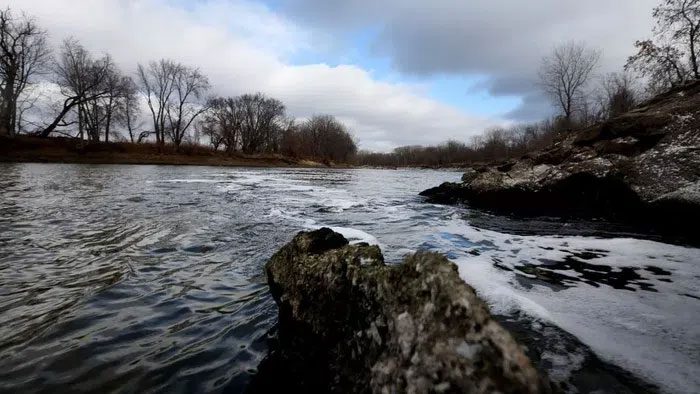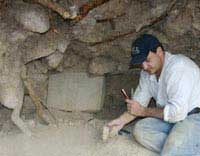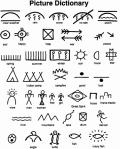When two kayakers discovered a skull fragment near the Minnesota River in 2021, local authorities believed it could be a new clue in a missing person’s case. However, a forensic examination revealed something much more surprising: This skull fragment is 8,000 years old.

Minnesota River, where the 8,000-year-old skull was discovered.
The kayakers initially thought they had found the remains of a modern murder victim, but instead, it turned out to be a clue about the life of Indigenous Americans in ancient times, dating back approximately 8,000 years. Examination of the skull indicated it belonged to a man who lived between 5,500 BCE and 6,000 BCE.
The Renville County Sheriff’s Office initially posted a photo of the skull fragment on social media but later removed it following objections from the Minnesota Indian Affairs Council.
The kayakers found the skull near the town of Sacred Heart in southwestern Minnesota. According to the New York Times, the bones were typically submerged underwater, but a severe drought had lowered the river’s water level.
The forensic examination included a chemical analysis of the amount and type of carbon found in the skull, which revealed its age. This analysis indicated that the man had a diet consisting of fish, corn, or millet. Kathleen Blue, a professor and chair of the anthropology department at Minnesota State University, noted that there is very little information about the time period during which this man lived in the area, but he likely subsisted on a diet of plants, deer, turtles, fish, and clams.
The bones showed signs of healing, indicating that the man had survived an injury.
So far, there is very little evidence regarding the lives of ancient Americans. Previously, archaeologists had unearthed the skull and partial skeleton of a Native American girl, now referred to as the Minnesota Woman, who is also believed to have lived between 8,000 and 10,000 years ago. This girl was found alongside a dagger and a mother-of-pearl shell thought to have originated from the Gulf of Mexico, indicating an early trade network among Indigenous peoples.





















































